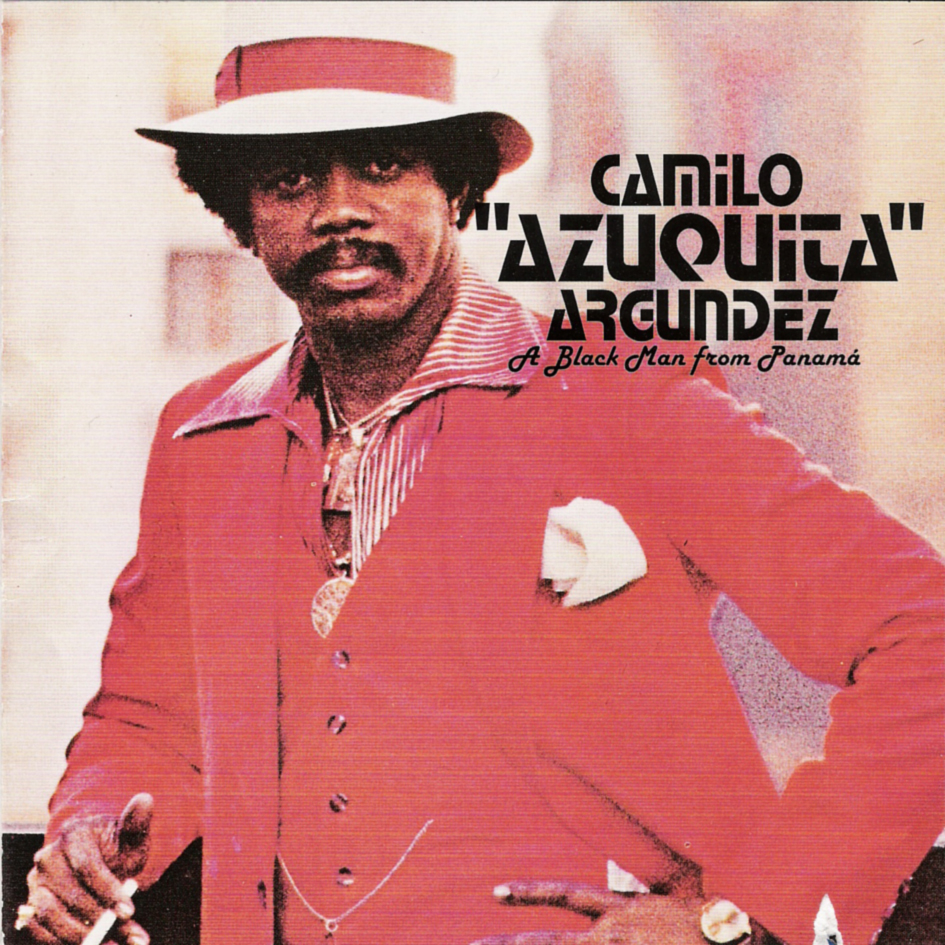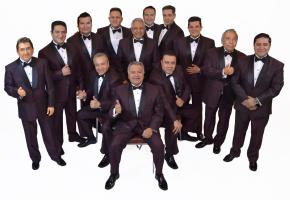In Colón, Panama, on February 18, 1945, Luis Camilo Argumédez was born to parents who were both singers of Cuban son and Panamanian tamborito (an African-derived music form). Camilo showed a gift and passion for music from an early age and began to sing and compose as a teenager.
Camilo participated in a contest for amateur singers run by RPC Radio twice, winning the second time and, by the 1960s, he was performing boleros and guaguancó with local orchestras such as Raúl Ortiz, Universal, Alegría de Chachi Macías and René Santos y su conjunto.
The word soon spread about the Panamanian with a bewitchingly versatile and delicate voice and, at the age of 15, Camilo signed his first professional contract to sing internationally with the Enrique Lynch orchestra in Peru. With a reputation that preceded him, the gifted singer soon made his way to Puerto Rico in the mid-60s where he made his first international recording as lead vocalist with the Los Megatones orchestra.
By now given the name ‘Azuquita’, the velvety-voiced sooner began working with the Rafael Cortijo combo and later with Roberto Roena and Ismael Rivera. In 1969, he joined Sonora Matancera for six months before accompanying Cortijo to New York where he recorded "Agua que va a caer"
Proudly and stylishly announcing himself on the scene simply as 'A Black Man from Panama' this master of style and sound gave us amazing tracks like this one:
He recorded two albums with Francisco Bastar "Kako", the first in 1968 entitled "Live It Up" and the second later, in 1976, entitled "Unión Dinámica". It wasn’t long however before Fania had their sights on the young Panamanian, more specifically Louie Ramírez, who snapped him but to sing with Típica 73.
In 1974, Azuquita founded his own orchestra "Azuquita y su Melao" which he toured all over the US and Latin America. With his orchestra, he recorded more than ten albums between 1974 and 1988, including "Azúcar a Granel", a tribute to Ismael Rivera. In 1996 he joined Papo Lucca and recorded "Los Originales".
By now, all he was much in demand as a singer, even Panamania world boxing champion Roberto "Mano de Piedra" Durán insisted on recording a song with him. But the smooth operator of salsa soon set his sights on more distant chores and was attracted by the celebrity status he was given in Paris.
Making the French capital his home, from his club "La Chapelle des Lombards" he became the ,se encarga de presentar por años la música afro-cubana a Francia y a todo el viejo continente.Azuquita was one of the few Panamanians who appears in the Guinness Book of Records for being internationally recognized for bringing salsa to Europe in 1979.
In 2000, he recorded the album "Cuba Son" in Cuba with the Los Jubilados orchestra. The following year, he made his acting debut in the film titled The Date which was presented at the Biarritz Film Festival. He also won a Latin Grammy.
After suffering increasing health problems, Azuquita died just a few weeks ago back in his home in Panama City . His death was confirmed by his daughter.
The legendary Panamanian singer Ruben Blades said: ”With his instantly recognisable voice and his skills as a dancer and communicator and with his natural spark and talent, Azuquita will be seen permanently as a figure of great value in the pantheon of Latin American and Caribbean music. We give thanks for his inspiration and the example that his talent gave us, present and future generations of Latin Americans and Panamanian musicians.”
All salsa lovers have been touched by his voice and he will be missed dearly by all of us at LatinoLife, but his music lives on.
















